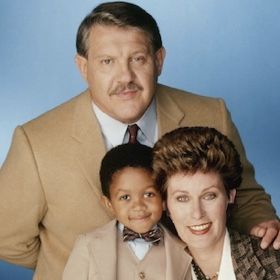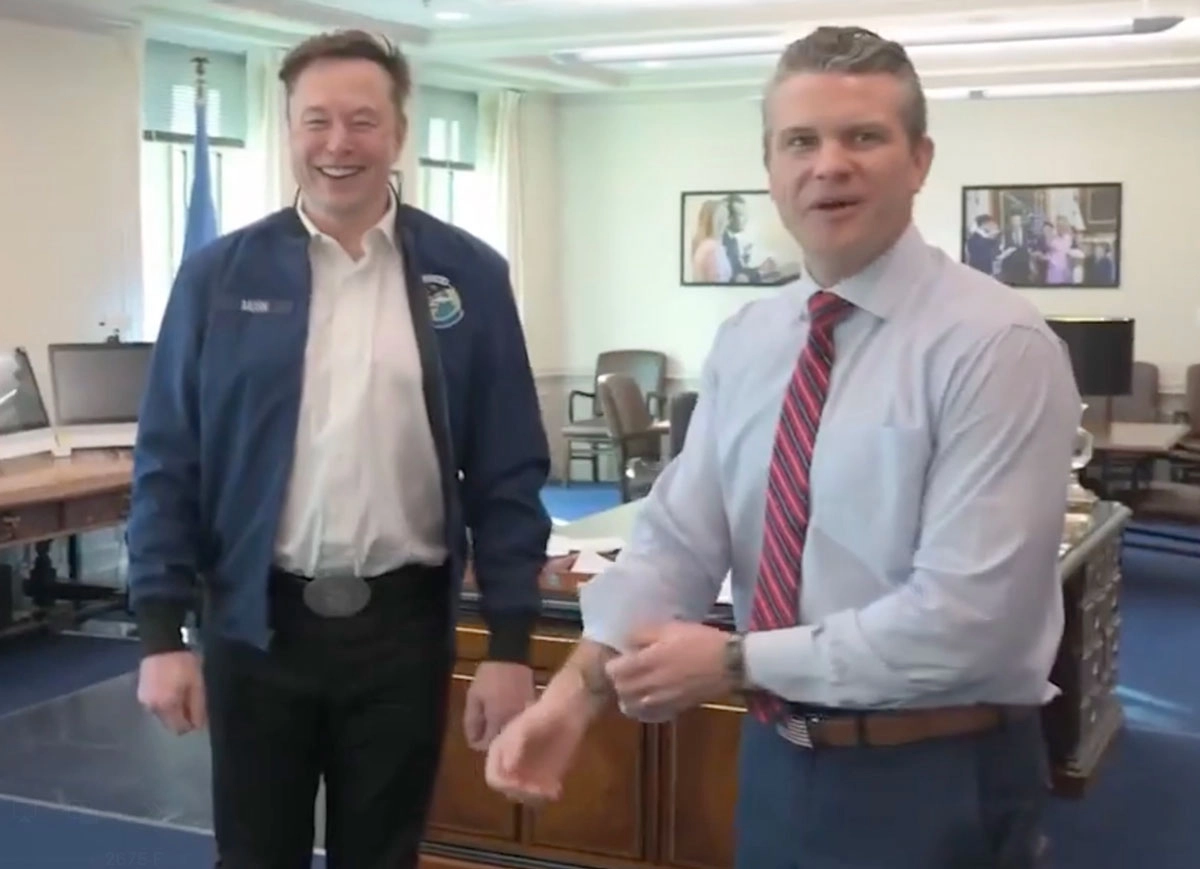NFL Legend And Actor Alex Karras Is Dead At 77
Former All-Pro lineman for the Detroit Lions Alex Karras, 77, died this week in Los Angeles due to kidney failure and general declining health, including heart disease and stomach cancer. The 250-pound, 6 -foot-2 ex-football player also suffered from dementia, and was among the 3,500 former players who are suing the National Football League for the long-term damage produced by sports-related concussions and head injuries. Famed for being witty and brash, the Gary, Indiana-born Karras, son of a Greek immigrant, began playing football in the 1950s while still in high school, and anchored the defensive line all the way to 1970 — earning himself a reputation for being a ferocious tackle on the field, and a league outlaw off of it, after several run-ins with the N.F.L. institution and its commissioner Pete Rozelle.
But Karras is perhaps most well-known for his second career as actor, which began in 1968 when the footballer played himself in the Paper Lion adaptation of George Plimpton's book about his experience as a quarterback. From there, the booming Karras went on to appear on The Tonight Show With Johnny Carson as well as featuring in numerous guest roles on television series such as McMillan & Wife, M*A*S*H and The Odd Couple. Karras then met his wife Susan Clark on the set of Babe (1975), with whom he also starred in the sitcom Webster from 1983 to 1989. Karras' film credits mainly include comedies such as Porky's, Blazing Saddles and Victor/Victoria, but he also starred in the occasional suspense thriller such as Against All Odds. The multi-talented Karras ultimately went on to pen two books, a novel titled Tuesday Night Football and an autobiography called Even Big Guys Cry.
Karras is survived by his wife, his daughter Katherine Karras, five children from a previous marriage, and numerous fans that have expressed their fondness for him since his passing. "He is one of the funniest men I have ever been around,'' a former Lions teammate, Greg Barton, told ESPN. "He was good to me, and a friend. I remember playing a TV game in Canada and Alex was doing the color. I had talked to him prior to the game and told him that my father was very ill. He 'talked' to my dad on national television telling him he did a great job in raising a son and lots of other nice things. Boy that meant a lot to me.''
Watch the great Alex Karras give an interview in 2004:
RELATED ARTICLES
Get the most-revealing celebrity conversations with the uInterview podcast!






Leave a comment